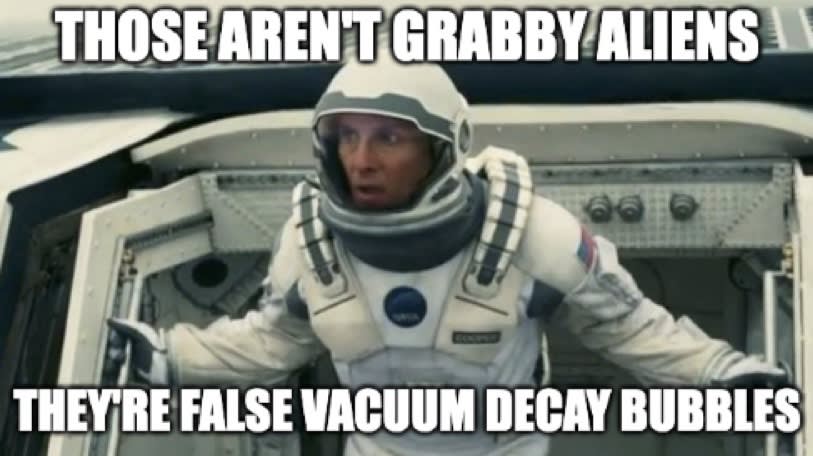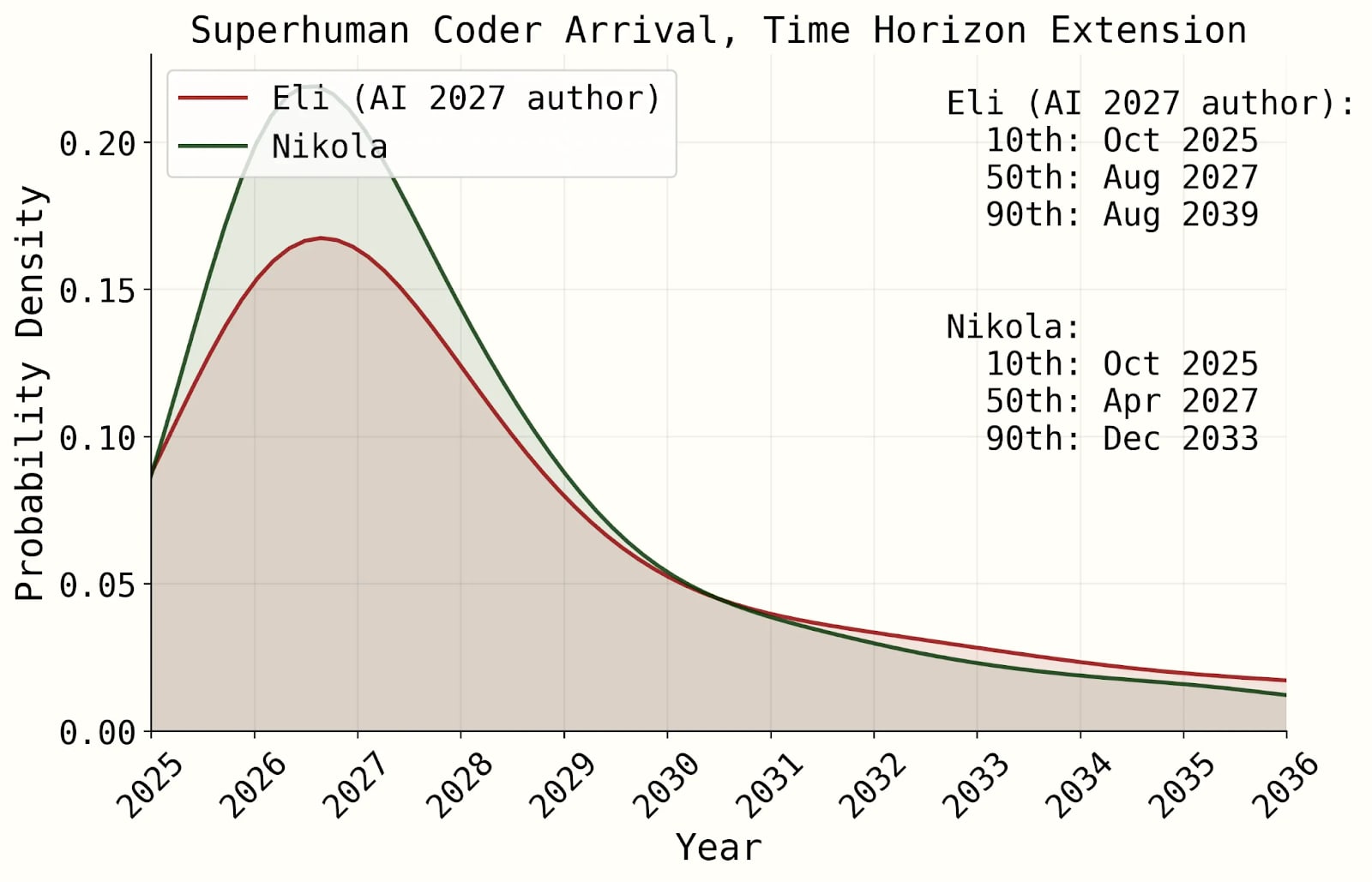SUMMARY:
ALLFED is launching an emergency appeal on the EA Forum due to a serious funding shortfall. Without new support, ALLFED will be forced to cut half our budget in the coming months, drastically reducing our capacity to help build global food system resilience for catastrophic scenarios like nuclear winter, a severe pandemic, or infrastructure breakdown. ALLFED is seeking $800,000 over the course of 2025 to sustain its team, continue policy-relevant research, and move forward with pilot projects that could save lives in a catastrophe. As funding priorities shift toward AI safety, we believe resilient food solutions remain a highly cost-effective way to protect the future. If you’re able to support or share this appeal, please visit allfed.info/donate.
Donate to ALLFEDFULL ARTICLE:
I (David Denkenberger) am writing alongside two of my team-mates, as ALLFED’s co-founder, to ask for your support. This is the first time in Alliance to Feed the Earth in Disaster’s (ALLFED’s) 8 year existence that we have reached out on the EA Forum with a direct funding appeal outside of Marginal Funding Week/our annual updates. I am doing so because ALLFED’s funding situation is serious, and because so much of ALLFED’s progress to date has been made possible through the support, feedback, and collaboration of the EA community.
Read our funding appealAt ALLFED, we are deeply grateful to all our supporters, including the Survival and Flourishing Fund, which has provided the majority of our funding for years. At the end of 2024, we learned we would be receiving far less support than expected due to a shift in SFF’s strategic priorities toward AI safety.
Without additional funding, ALLFED will need to shrink. I believe the marginal cost effectiveness for improving the future and saving lives of resilience is competitive with AI Safety, even if timelines are short, because of potential AI-induced catastrophes. That is why we are asking people to donate to this emergency appeal today.
ALLFED’s funding situation
Without new funding ALLFED will need to cut half of our budget in the coming months, the outcome of which will be making significant cut backs to our team in June. This will reduce by about half our capacity to produce research, support governments, and develop practical interventions that could reduce the risk of global catastrophic food system failure during catastrophic events.
The case for ALLFED’s work, and why we think maintaining full current capacity is valuable
Today we are launching an urgent 2025 Appeal to ask for your help. With your support, we can continue advancing this work and protect the progress we have made, moving from research and planning to real-world applications that could shape global preparedness when it is most needed.
ALLFED is currently the only organization in the world focused exclusively on preventing global food system collapse in scenarios such as nuclear winter, engineered pandemics, or a widespread loss of infrastructure.
In 2024 alone, we submitted 16 academic papers, advised policymakers across several continents, and supported governments including the UK, Argentina, and the Swedish Presidency of the Nordic Council in preparing for catastrophic food shocks such as abrupt sunlight reduction scenarios (ASRSs). This week we published our 2024 Annual Report where you can find out more.
Many of our current projects, such as advancing resilient food technologies and integrating them into policy frameworks, are in the position to scale and deliver real-world impact. With stable funding, we can transition this work from research and planning into practical applications, including pilot projects and expanding the reach of our policy. These steps will help bring resilient food solutions into the hands of governments, communities, and international actors. You can find out more here about some of the pilots ALLFED would like to conduct.
How this connects to AI and other risks
The shift in funding toward AI safety is understandable, and we agree that AI safety is important. But AI also exacerbates other catastrophic risks. For example:
- AI may heighten nuclear tensions, accelerate arms races, and increase miscalculation risks.
- AI could lower barriers to engineering pandemics, worsening biosecurity threats.
- AI-enabled cyberattacks could disrupt electricity and industry, triggering severe food system failures.
This makes the case for diversified funding across multiple risk areas. Continued investment in resilient food solutions is a critical component of mitigating cascading global risks, including but not limited to those caused by unsafe AI. For example, AI risk experts have suggested investing in redundancy in critical infrastructure and rapid repair plans to reduce AI risk, which ALLFED has been working on for a long time.
Now more than ever, there is a need to prepare for abrupt global cooling resulting from a nuclear exchange, or a collapse of critical infrastructure from a pandemic or cyberattacks. Our work on resilient food solutions could increase the chances that a global catastrophic food system failure does not become the secondary disaster that collapses civilization in the wake of such an event.
What we’re asking for
We are seeking to raise $800,000 in grants and gifts in 2025. This funding would allow us to:
- Continue producing policy-relevant research on extreme food system risks at full-strength
- Start to move forward with planned pilot projects to test scalable resilient food solutions
- Deepen collaborations with governments and institutions
- Sustain our team, and avoid shrinking in June.
The annual level of funding we need at ALLFED to remain operationally strong represents less than 1% of the EA community’s current support for AI safety. I’ve always said that AI safety should get more total money than resilience, but I believe that at recent levels of funding for resilience, the marginal cost effectiveness is still competitive with AI safety.
We welcome support at any level.
We invite you to give at allfed.info/donate, share our appeal with your networks, or get in touch at appeals@allfed.info if you have any questions or would like to discuss a larger gift or funding opportunity.
Thank you for reading. If you’re able, now is the time to help us bridge this gap and keep this work moving forward.
We are grateful for everything this community has helped us achieve so far, and hopeful for what we can do next, together.
Donate to ALLFED



Thank you!